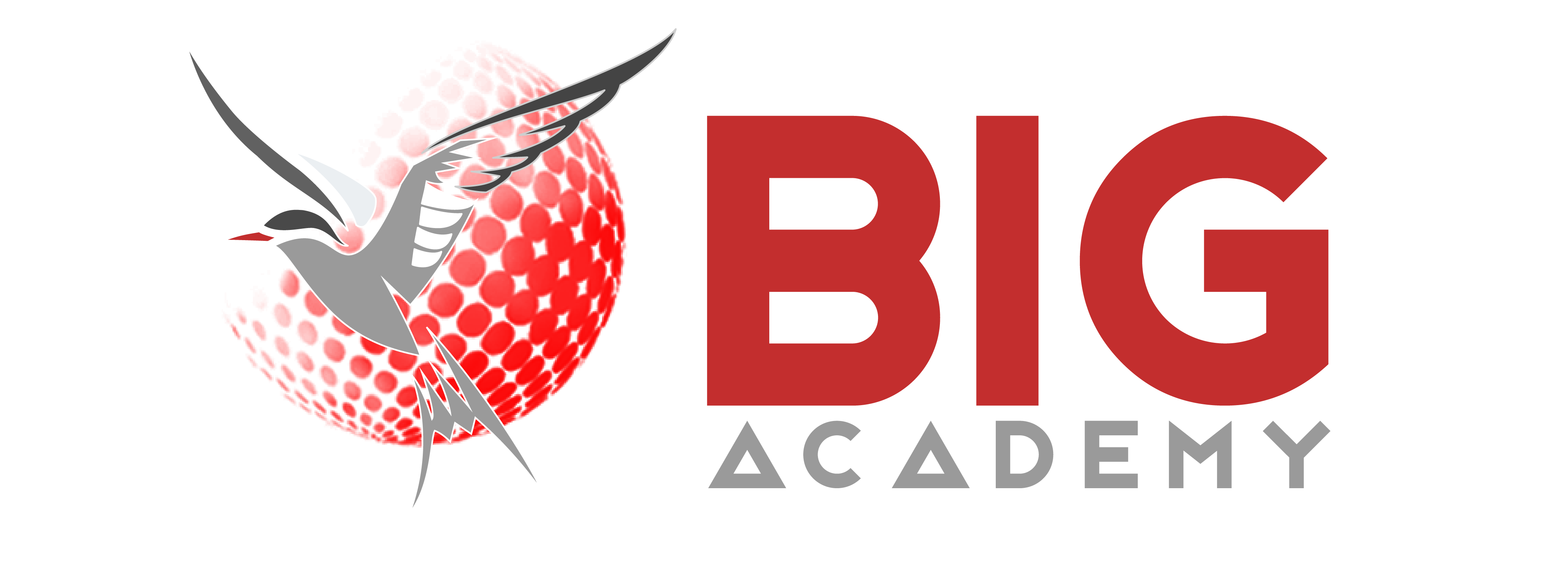



The Postgraduate Diploma in Artificial Intelligence equips learners with a comprehensive and interdisciplinary understanding of AI theories, methodologies, and applications across various sectors. The programme blends foundational and advanced AI concepts with practical skills to address complex, real-world challenges in technology and innovation-driven industries.
The Postgraduate Diploma in Artificial Intelligence equips learners with a comprehensive and interdisciplinary understanding of AI theories, methodologies, and applications across various sectors. The programme blends foundational and advanced AI concepts with practical skills to address complex, real-world challenges in technology and innovation-driven industries.
Eucléa Business School is a higher education institution that is a member of the Collège de Paris, specialised in business, technology and alternating management. With four campuses strategically located in Strasbourg, Metz, Mulhouse and Reims, Eucléa offers a complete range of training, ranging from Post-Bac to Bac+5 level. Our school is dedicated to pedagogical excellence and personal development. Euclea’s goal is to help you develop your skills, explore new perspectives and prepare for a bright future while fostering a student life rich in opportunities.
|
Component No. |
Full Module Code |
Module Title |
Compulsory / Core / Optional |
NQF Level |
Credits |
|
PGAI01 |
COM101 |
Managing Innovation and Computing |
Core |
Level 7 |
10 |
|
PGAI01 |
DAT105 |
Business Intelligence Systems |
Core |
Level 7 |
10 |
|
PGAI01 |
SEC121 |
Implementing and Managing Cybersecurity |
Core |
Level 7 |
10 |
|
PGAI01 |
SDU124 |
System development and User Experience (UX) |
Core |
Level 7 |
10 |
|
PGAI01 |
DIV101 |
Data Insights and Visualisation |
Core |
Level 7 |
10 |
|
PGAI01 |
SESD105 |
Software Engineering and Systems Design |
Core |
Level 7 |
10 |
|
PGAI01 |
AI105 |
Artificial Intelligence |
Core |
Level 7 |
10 |
|
PGAI01 |
DLCV110 |
Deep Learning for Computer Vision |
Core |
Level 7 |
10 |
|
PGAI101 |
ML123 |
Machine Learning |
Core |
Level 7 |
10 |
|
A. Knowledge and understanding |
||
|
Learning outcomes |
||
|
A1 |
Demonstrate a comprehensive understanding of core AI concepts including supervised, unsupervised, and reinforcement learning. |
|
|
A2 |
Evaluate the role of AI in real-world applications such as natural language processing, computer vision, and robotics. |
|
|
A3 |
Understand the ethical, societal, and legal implications of deploying AI systems. |
|
|
A4 |
Critically assess AI model performance and explainability in practical scenarios. |
|
|
A5 |
Demonstrate knowledge of the underlying mathematical foundations of AI, including linear algebra, probability, and optimisation. |
|
|
Learning methods |
||
|
Lectures and Seminars, Workshops and Labs, Case Studies and Simulations, Individual and Group Projects, Industry Guest Lectures, Online Learning and VLE |
||
|
Assessment methods |
||
|
Coursework, Practical Reports, Examinations, Presentations, Research Papers |
||
|
B. Intellectual/cognitive skills |
||
|
Learning outcomes |
||
|
B1 |
Analyse complex problems and design AI-based solutions with appropriate modelling and algorithms. |
|
|
B2 |
Evaluate alternative approaches to AI model development based on performance metrics and data characteristics. |
|
|
B3 |
Interpret AI research literature and assess its relevance and applicability to given challenges. |
|
|
B4 |
Apply critical thinking to assess the risks and benefits of deploying AI in different domains. |
|
|
Learning methods |
||
|
Lectures and Seminars, Journal Clubs, Critical Reviews, Case Studies, Research Projects |
||
|
Assessment methods |
||
|
Essays, Project Reports, Peer Reviews, Oral Presentations |
||
|
C. Practical and professional skills |
||
|
Learning outcomes |
||
|
C1 |
Develop and deploy AI models using modern programming tools such as Python, TensorFlow, and PyTorch. |
|
|
C2 |
Manage and preprocess datasets using data wrangling, transformation, and feature engineering techniques. |
|
|
C3 |
Use version control, testing, and documentation in AI software development. |
|
|
C4 |
Collaborate in multidisciplinary teams to deliver data-driven AI solutions. |
|
|
Learning methods |
||
|
Lectures and Seminars, Workshops and Labs, Case Studies and Simulations, Individual and Group Projects, Industry Guest Lectures, Online Learning and VLE |
||
|
Assessment methods |
||
|
Code Submissions, Technical Reports, Group Projects, Software Demos |
||
|
D. Key Skills |
||
|
Learning outcomes |
||
|
D1 |
Communication |
Present AI concepts and project findings effectively through reports, visualisations, and oral delivery. |
|
D2 |
Information Technology |
Use programming, data platforms, cloud services, and ML tools to develop AI applications. |
|
D3 |
Numeracy |
Apply mathematical reasoning to model development, tuning, and validation. |
|
D4 |
Problem solving |
Identify, frame, and solve technical and strategic problems using AI techniques. |
|
D5 |
Working with others |
Engage collaboratively in teams, respecting diverse viewpoints and roles. |
|
D6 |
Improving own learning and performance |
Reflect on feedback, monitor progress, and pursue continuous skill development.
|
|
Learning methods |
||
|
Lectures and Seminars, Labs, Group Activities, Reflective Practice, Self-directed Study |
||
|
Assessment methods |
||
|
Portfolios, Presentations, Peer Evaluations, Reflective Journals, Group Reports |
||
A Bachelor’s degree (2:2 or above) in Computing, Business, Engineering, Mathematics, or a related field.
English language proficiency equivalent to IELTS 6.0 or higher.
Recognition of Prior Learning (RPL) is available for candidates with a minimum of 5 years of industry experience in relevant domains.

